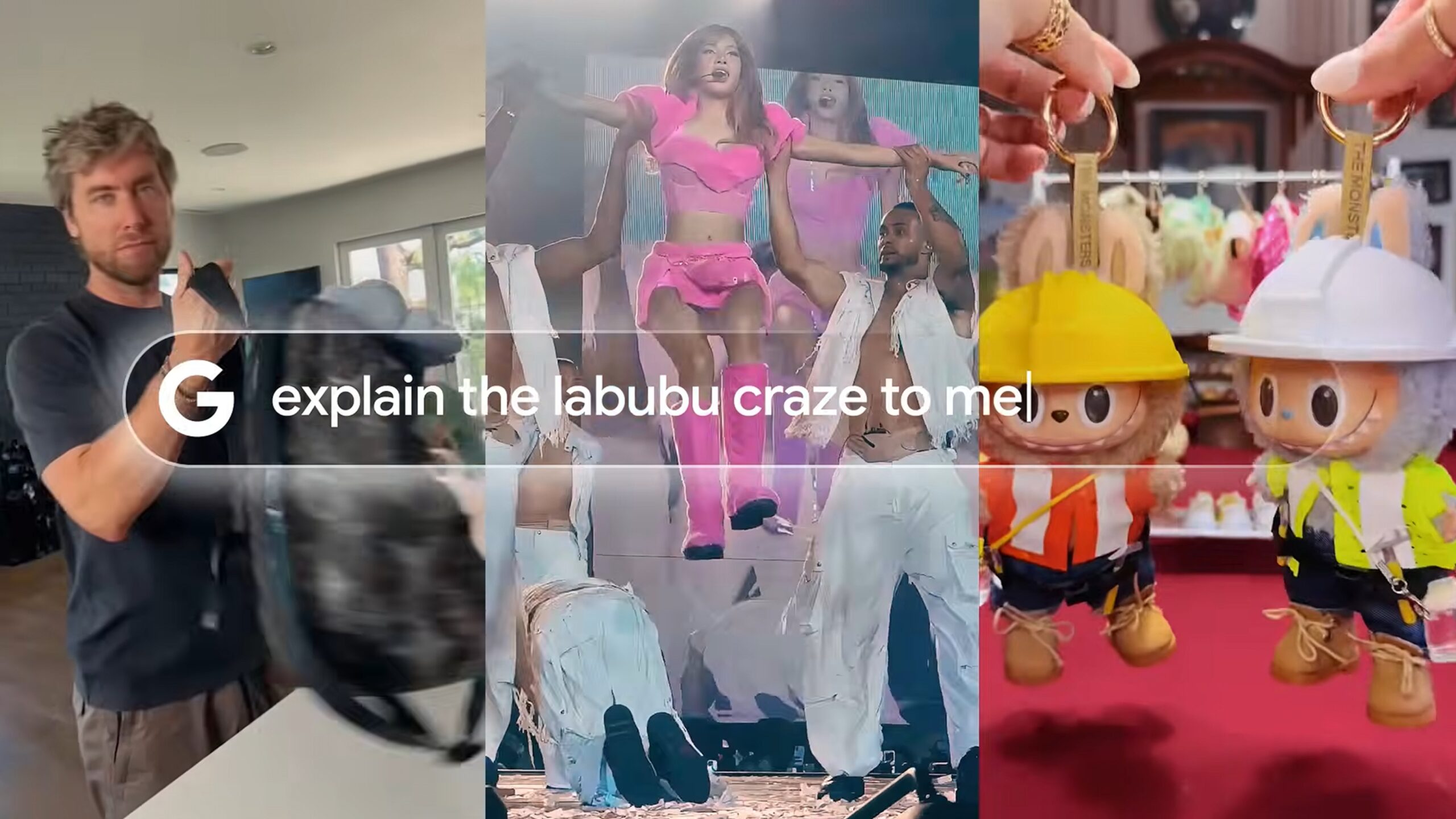Nick Clegg chooses difficult jobs. He was the UK’s deputy prime minister from 2010 to 2015, a position from which he was surely pulled in multiple directions as he attempted to bridge the divide between David Cameron’s Conservatives and his own Liberal Democrats. A few years later he chose another challenging role, serving as Meta’s vice-president and then president of global affairs from 2018 until January 2025, where he was responsible for bridging the very different worlds of Silicon Valley and Washington DC (as well as other governments). How to Save the Internet is Clegg’s report on how he handled that Herculean task, along with his ideas for how to make the relationships between tech companies and regulators more cooperative and effective in the future.
The main threat that Clegg addresses in the book is not one caused by the internet; it is the threat to the internet from those who would regulate it. As he puts it: “The real purpose of this book is not to defend myself or Meta or big tech. It is to raise the alarm about what I believe are the truly profound stakes for the future of the internet and for who gets to benefit from these revolutionary new technologies.”
But in fact, a great deal of the book is devoted to a defence of Meta and big tech, and that defence begins by conflating the internet (which is widely loved) with social media (a subset of internet activity that evokes more ambivalence). In his discussion of the “techlash” – the sharp turn in public opinion against big tech in the late 2010s – he asks: “Would we choose to turn off certain technologies if we could? Would we deny ourselves the next innovation? Would we be better off without the freedoms of the open internet?”
As it happens, I recently conducted a survey with the Harris Poll that asked questions rather like these to a nationally representative sample of young American adults – the very generation whose adolescence was grabbed and shaped by a few social media companies. We asked respondents to tell us, for various platforms and products, whether they wished each “was never invented”. The percentage of gen Z who regret the existence of the internet is low – 17%. For smartphones it is just 21%. But for the big social media platforms, regret is much higher, ranging from 34% for Instagram (which is owned by Meta) to 47% for TikTok and 50% for X. In our subsequent survey of parents, levels of regret about the existence of social media are higher still. Other researchers have made similar findings.
In other words, yes, many of us would choose to turn off certain technologies if we could. Clegg frames the choice as a binary: open internet versus no internet. But the most serious problems are related to social media, which can be regulated without destroying “the internet”, and which is much harder to defend.
Yet Clegg attempts to do so. In the first chapter he addresses the twin charges that social media has damaged global democracy and teen mental health. He acknowledges that both declined in the 2010s, but he claims that the declines merely correlate with the rise to dominance of social media, and are not caused by it. He cites academic studies, but his descriptions of them are Meta’s standard talking points, which ignore the many studies on the other side. In fact, Clegg takes much of his defence word for word from a rebuttal essay that Meta put out in 2022 in response to one of my essays laying out the case that social media is harming advanced democracies.
So in this book, Clegg gives us Meta’s party line, but on teen mental health he once thought differently. Dozens of US state attorney generals are suing Meta, and the documents they have obtained show us who knew what, and when they knew it. From the brief filed by the attorney general of New Mexico we learn that on 27 August 2021, Clegg forwarded an email to Mark Zuckerberg from an employee requesting more resources to address teen mental health concerns. Clegg added his own plea at the top, saying that it was “increasingly urgent” to address “concerns about the impact of our products on young people’s mental health”. Clegg noted that the company’s “well-being work is both understaffed and fragmented”. Zuckerberg did not respond to the email.
Clegg’s current claim that the evidence of harm is merely correlational, and that the correlations are too small to be taken seriously, is contradicted by dozens of Meta employees, contractors, whistleblowers, and leaked documents that show otherwise. To take just one example, in a brief from the attorney general of Tennessee we learn about a 2019 study Meta commissioned on teenage mental health. The researchers alerted Meta that “[teens] are hooked despite how it makes them feel … Instagram is addictive, and time-spend on the platform is having a negative impact on mental health”. A bit later: “Instagram is the worst platform for mental health.”
Turning to his proposals for how to save the internet, Clegg lays out two pillars: “radical transparency” and collaboration. On transparency, he urges tech companies to be more forthcoming about how their algorithms work and how they make their decisions. He warns: “If the masters of Silicon Valley refuse to open up, the choice will be taken out of their hands.”
On collaboration, he calls for a “digital democracies alliance”, because he is concerned, rightly, that China has developed its technologies in ways that shore up its authoritarian system. He wants the democracies of the world to act together so that the internet might live up to the democracy-promoting visions so many of us shared in the 1990s.
Would Clegg’s plan work? Transparency is great in theory, but I fear that it may be too late to apply these principles to the powerful companies that now control much of the internet. As tech journalist Kara Swisher memorably said in 2019, Zuckerberg and the other founders “built a city without street signs, without sewage, without police, without garbage men. Imagine that city. It’s not a good city to live in, but they collect all the rent on everything.” This is why scammers, sextortionists, drug dealers and political extremists thrive on these platforms and pose dangers to teens and to democracies that the big companies seem unable to fix. More transparency in 2026 may not be enough to repair the terrible urban design laid down 20 years ago.
As for collaboration, it’s hard to imagine companies like Meta giving up their data or their sovereignty, especially now that the tech moguls have so much support from the Trump administration, and now that the Trump administration is so willing to apply pressure on other countries. If the masters of Silicon Valley refuse to collaborate, it’s just not clear to me that “the choice will be taken out of their hands”. By whom?
The great biologist and ant expert EO Wilson once said about Marxism: “Good ideology. Wrong species.” After reading this, plus several of the many books about Meta’s unethical, careless, “break things” culture, as well as hundreds of pages from the 2021 document leak known as The Facebook Files and from ongoing lawsuits, I suggest we might say something similar about Clegg’s proposals: “Good plan. Wrong industry.”










